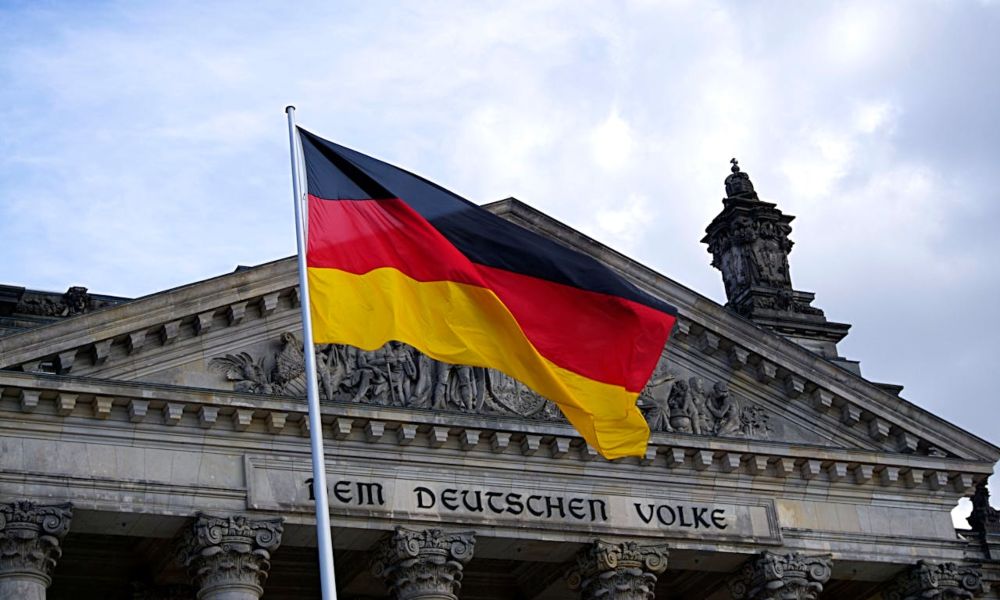The Alternative for Germany (AfD) party is making headlines for its controversial views. Here are the key points:
- The German spy chief warns AfD threatens democracy’s foundations
- The party denies accusations of extremism but has links to far-right groups
- AfD supporters reject claims of promoting harmful ideologies like anti-immigration conspiracy theories
- The nationalist party is gaining popularity, especially in eastern Germany
Do mainstream Germans share the spy chief’s worries about AfD? Let’s take a closer look.
What is the AfD?
The Alternative for Germany started in 2013 as a party against EU policies like the euro currency. It has become a voice for Germans unhappy with immigration and mainstream politics.
Some key facts:
- AfD currently has seats in Germany’s parliament and aims for more power
- Critics accuse AfD figures of ties to extremist, even neo-Nazi, organizations
- The party rejects those claims, saying it simply represents ordinary Germans’ views
AfD supporters see it as giving a voice to the people against the establishment. But is there a far-right undercurrent?
Concerning Links Alleged
The BBC report investigated an AfD event in eastern Germany. It found some speakers and organizers have questionable histories:
- AfD candidate Jean Pascal Hohl has worked with groups labelled an extremist
- Guest speaker Mathias Helferich used to call himself a “friendly face of Nazism.”
- Attendee Benedict Kaiser was pictured at neo-Nazi rallies years ago
AfD denies any wrongdoing. But Germany’s domestic intelligence chief calls AfD a danger that “goes for the roots of our democracy.”
Growing Voter Appeal
Despite the controversies, AfD’s popularity is increasing across Germany. An expert cited several reasons:
- Formed initially to oppose EU policies like the euro currency
- Appeals to East Germans nostalgic for life before reunification
- Attracts older voters socialized under Communist authoritarian rule
While still a minority party, AfD’s rise concerns mainstream leaders. How will its future impact German democracy?
A Lasting Movement?
Political scientist Julia van Dusky says AfD’s far-right links are well-known. But she doesn’t see it taking national control soon:
“The other major parties are unlikely to form a government with them. In the short term, they can make noise but won’t have huge policy influence.”
So, while causing unease, AfD may face limits to expanding its power. The bigger question is whether its controversial positions resonate long-term with more voters.
Do you think concerns about AfD are overblown or valid? The party’s trajectory could profoundly impact German politics.
Photo credit: Pexels
















